Search
Remove Ads
Advertisement
Summary 
Loading AI-generated summary based on World History Encyclopedia articles ...
Search Results

Definition
Ancient Japan
Ancient Japan has made unique contributions to world culture which include the Shinto religion and its architecture, distinctive art objects such as haniwa figurines, the oldest pottery vessels in the world, the largest wooden buildings anywhere...

Article
Buddhism in Ancient Japan
Buddhism was introduced to ancient Japan via Korea in the 6th century CE with various sects following in subsequent centuries via China. It was readily accepted by both the elite and ordinary populace because it confirmed the political and...
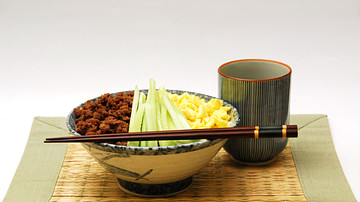
Article
Food & Agriculture in Ancient Japan
The diet of ancient Japan was heavily influenced by its geography as an archipelago, foodstuffs and eating habits imported from mainland Asia, religious beliefs, and an appreciation for the aesthetic appearance of dishes, not just the taste...
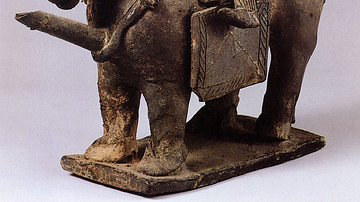
Article
The Horse-rider Theory in Ancient Japan
The 'horse-rider theory' is a controversial proposal that Japan was conquered around the 4th or 5th century CE by a culture from northern Asia to whom the horse was especially important. Although archaeological evidence and genetics point...
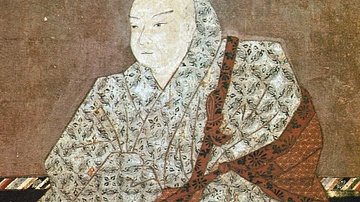
Article
Insei: Cloistered Government in Ancient Japan
Insei or 'cloistered government' describes the strategy of emperors during the late Heian Period (794-1185 CE) in ancient Japan where they abdicated in favour of a chosen heir yet still ruled in some capacity, typically after retiring to...
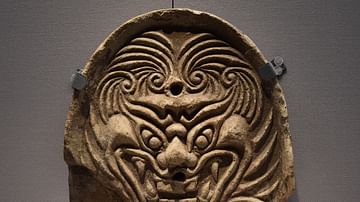
Article
Ghosts in Ancient Japan
Ghosts (obake or yurei) appear in ancient Japanese folklore and literature, usually in moral tales designed to both warn and entertain but they were also an important element of ancestor worship. If the deceased members of a family were not...
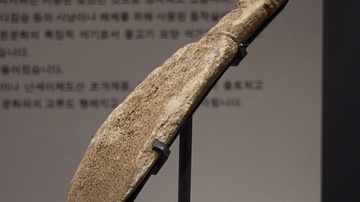
Image
Whale Bone Spade from Ancient Japan
This whale bone spade comes from Japan and dates from the Jomon period, between the 2nd-1st century BCE. (Tokyo National Museum)
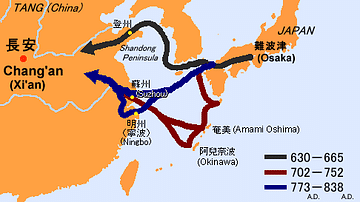
Image
Sea Routes from Ancient Japan to China
A map illustrating possible sea routes used for political and cultural embassies from ancient Japan to Tang Dynasty China.
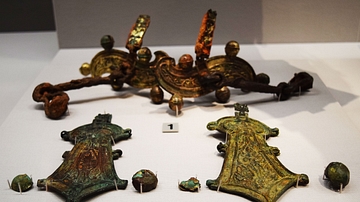
Image
Unique Horse Ornaments from Ancient Japan
These ornaments were placed on horses during the Kofun period in Japanese history. They are made from various types of metals, and they would have projected the power of the rider. They date from the 5th and 6th century CE. (Tokyo National...
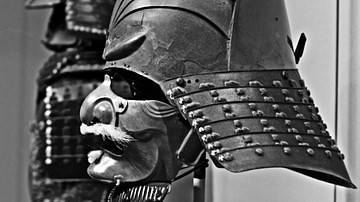
Definition
Medieval Japan
The medieval period of Japan is considered by most historians to stretch from 1185 to 1603 CE. Stand out features of the period include the replacement of the aristocracy by the samurai class as the most powerful social group, the establishment...